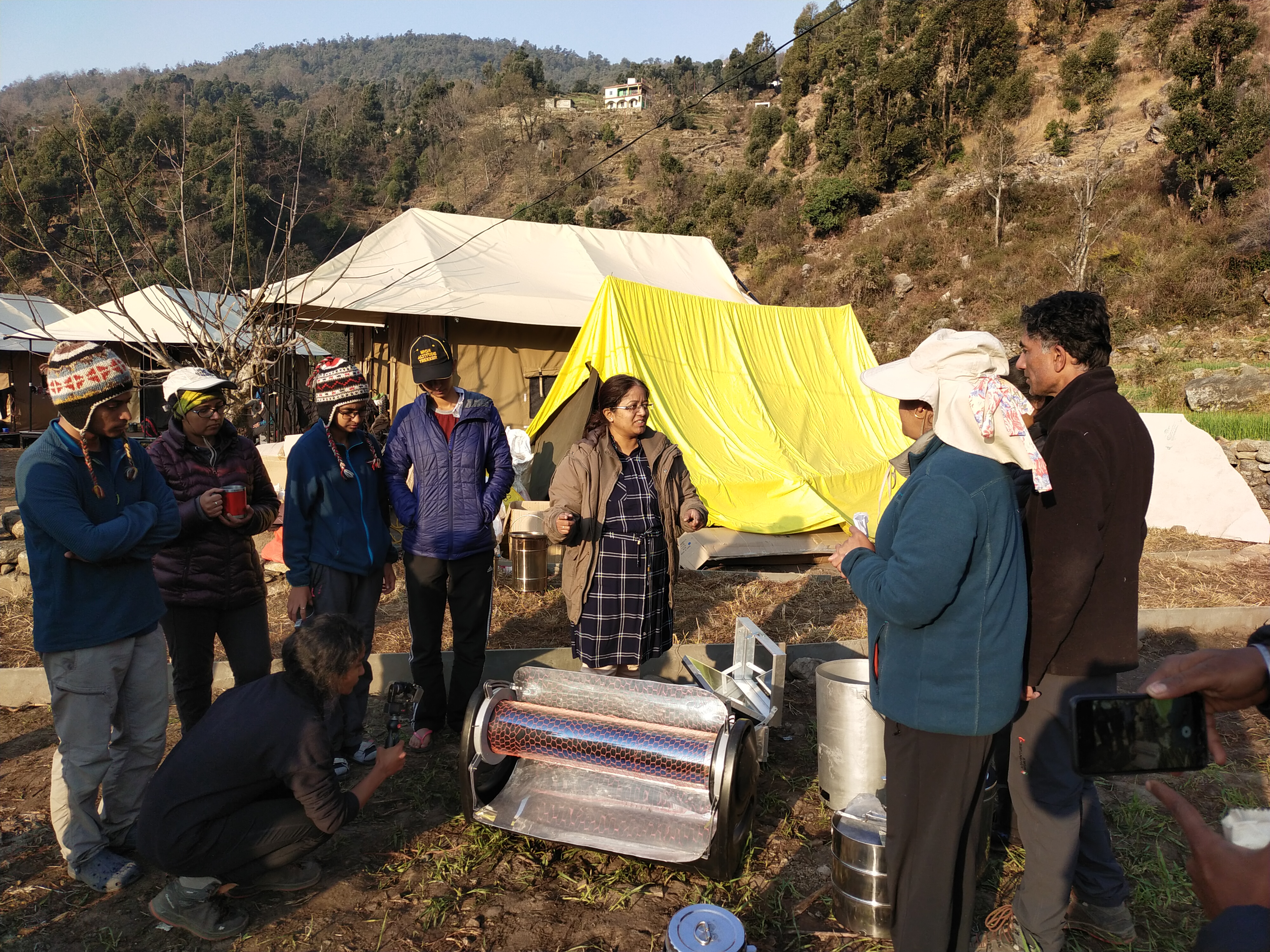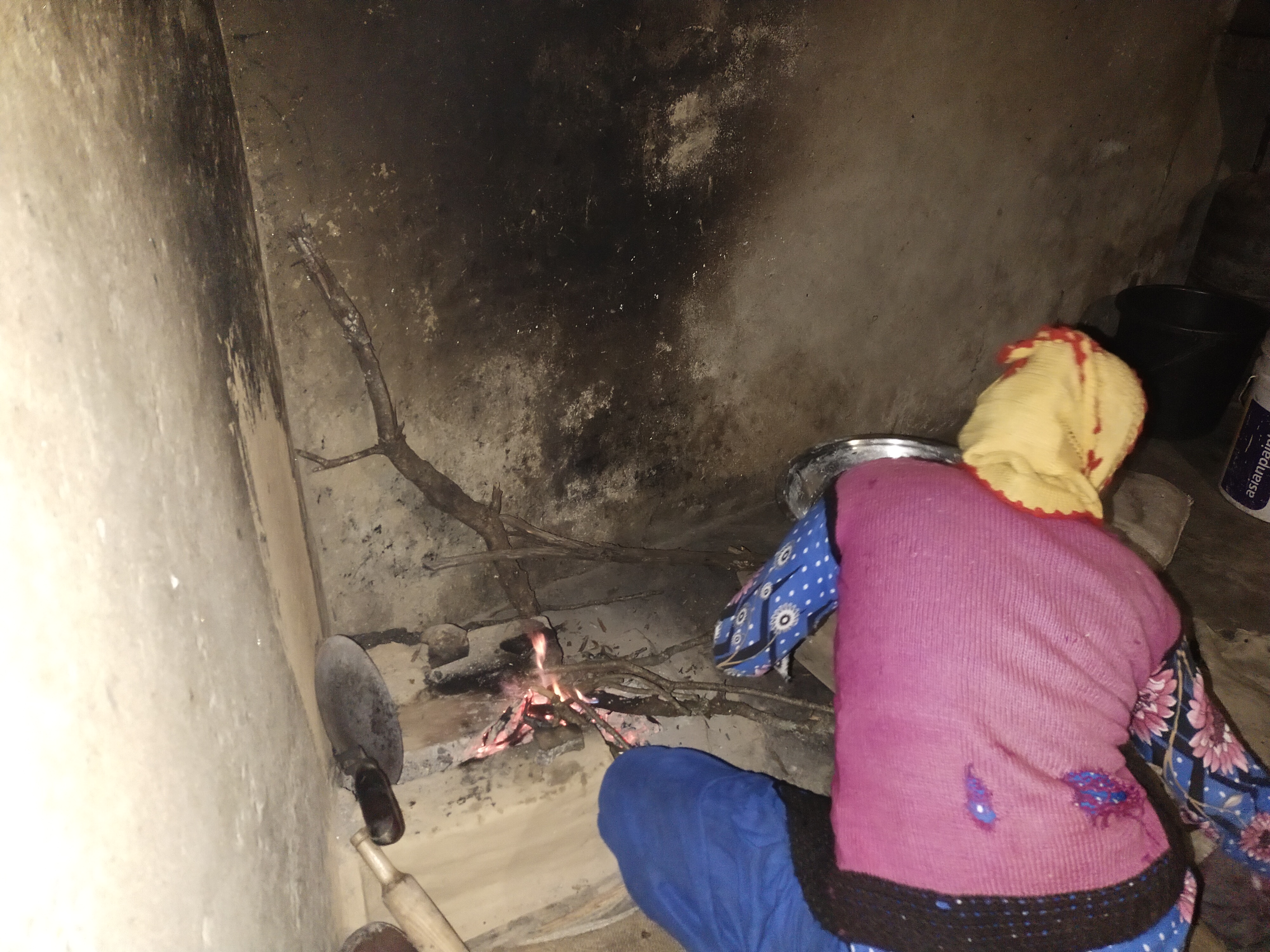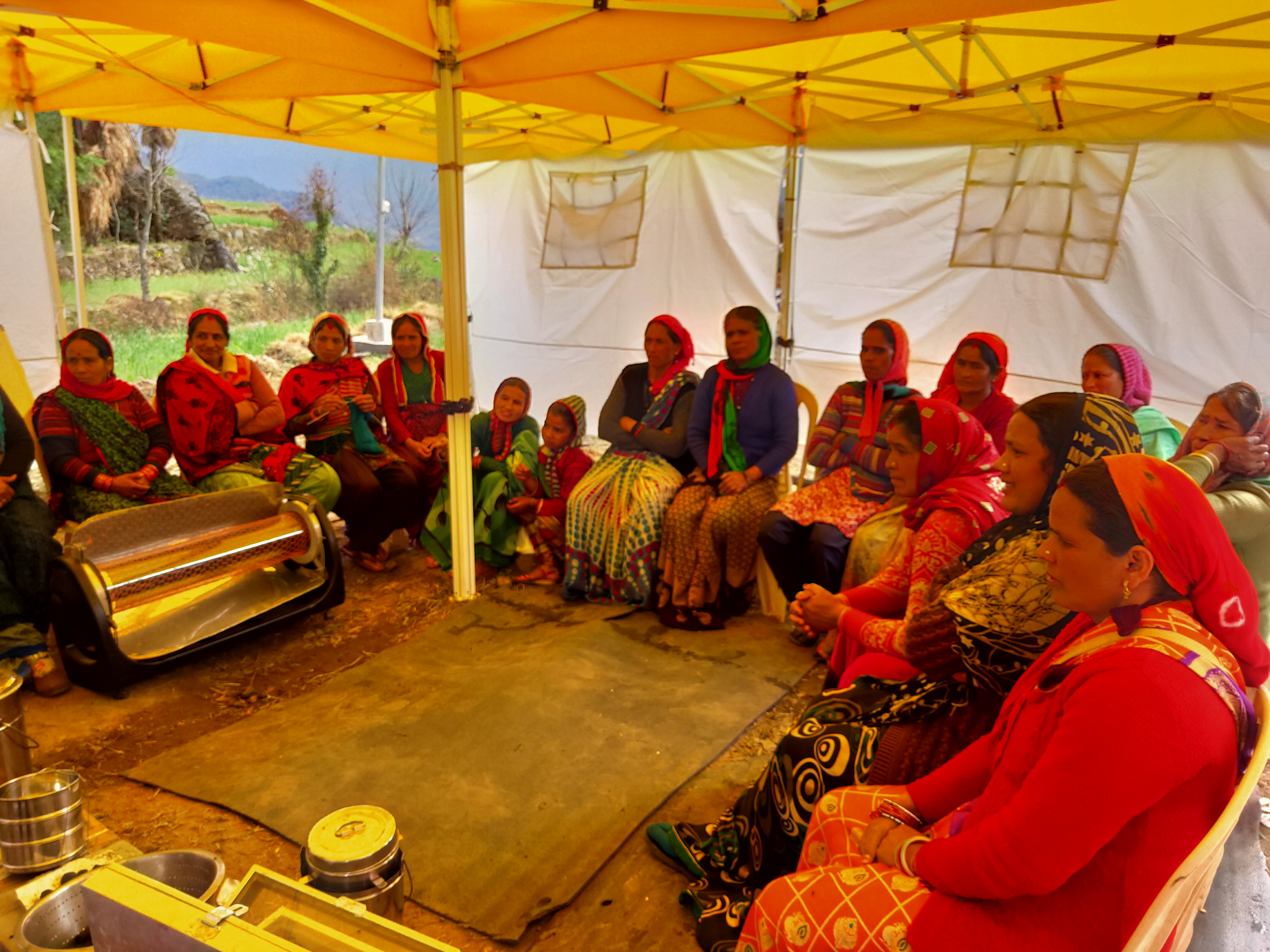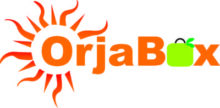Have you ever been on a trek to high altitudes and wondered how to sustainably cook your meals at these altitudes? Well, OrjaBox and IndiaHikes successfully used solar cookers and biochar steam cookers at one high altitude location. This clean cooking demonstration was conducted from March 4th to March 8th , at Sari village in Uttarakhand, India.
Sari is a beautiful remote village is located at an altitude of 6400 ft situated in the northern state of Uttarakhand. The temperature during our tests varied from 1 oC in the morning to 18 oC throughout the day. We experienced heavy rains and thunderstorms on a couple of days of our experiment.
 During the demonstration, we used a tube solar cooker, a box-type solar cooker, a panel cooker, and a couple of biochar-fuelled steam cookers. Over four days we could try various food items on these cookers. We cooked rice, dal, potatoes, roasting groundnuts, making jam from local fruits, boiling water, steaming vegetables, etc. The food got cooked, though it took a little longer time than it would have taken in the plains.
During the demonstration, we used a tube solar cooker, a box-type solar cooker, a panel cooker, and a couple of biochar-fuelled steam cookers. Over four days we could try various food items on these cookers. We cooked rice, dal, potatoes, roasting groundnuts, making jam from local fruits, boiling water, steaming vegetables, etc. The food got cooked, though it took a little longer time than it would have taken in the plains.

While we were exploring how best we can make use of these devices for trekking, we also ventured out in the village to find out local cooking practices. I was quite perplexed to see that though all the houses had LPG connections, they preferred using firewood. 100% of homes have open firewood chulhas. Shockingly they use “plastic” for igniting the firewood. They cook the afternoon meal using LPG while the morning and evening meals and water for bathing are heated on open firewood chulhas.

We conducted a clean cooking demonstration for the village women. These rural women instantly liked the concept of using solar energy and biochar for cooking. Clean cooking can reduce their workload, they said. The village women were inquisitive about the time required for cooking meals, how the cookers would perform when the weather changes, where to source the equipment from, the cost of the equipment, etc. Their questions revealed that they are really keen to try a solution that works to reduce the effort and cost of cooking.
It was indeed a splendid learning experience for me to conduct these demonstrations. We conducted these demonstrations for two equally important applications – sustainable trekking and access to clean cooking in rural areas. I am grateful to Indahikes for taking the lead for this cause. While exploring how to integrate clean cooking into their operations and also contributing to the villages. OrjaBox is committed to working with such visionary organizations.

